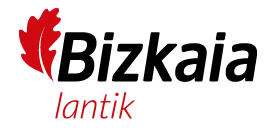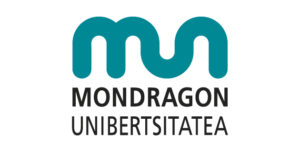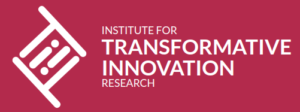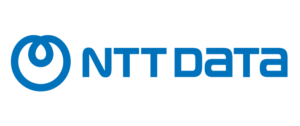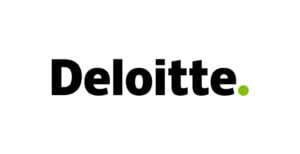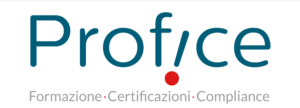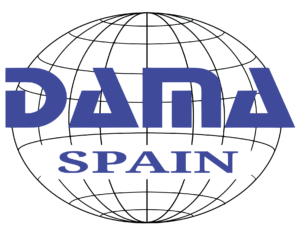
Gema Santos will present Repsol’s Data Governance Case History at the Data Management Summit 2020
[vc_row][vc_column width=”2/3″][vc_column_text]
Gema Santos will present Repsol’s Data Governance Case History at the Data Management Summit 2020
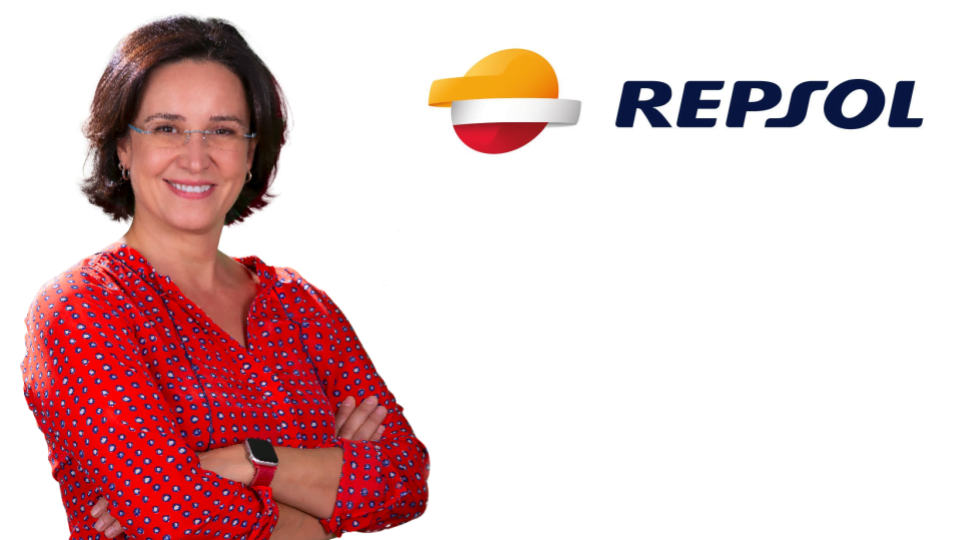
We are revealing day after day all those professionals who are going to participate with their presentations in the most important event of Data Management. For the first time, a forum tries to focus on Data Management as a whole, from governance, through security, cloud, machine learning, data virtualization, and much more. Today we present Gema Santos, Repsol’s Data Governance Senior Manager.
Tell us a little about your professional career
I never thought about doing anything related to oil and gas; on the contrary, I imagined myself working as a researcher, studying tribes, designing houses, participating in the Olympics, or saving lives.
I discovered in my childhood my interest in computers and, above all, my interest in doing things with them. It was in my teens when a great teacher made me curious about numbers and math (which I never quite got around to). And it was at university that I immersed myself in the studies of sociology and advanced statistics, allowing me to acquire a qualitative and quantitative perspective.
I joined Repsol in 1999 when the company was undergoing another transformation process, refounding itself in terms of business, corporate functions, and incorporating new profiles. Joining at that time and in the unit I joined, gave me the opportunity to work in the commercial and industrial business and in different corporate functions inside and outside Spain, with a local and global vision until I became part of the exploration and production business.
I have always been involved in operational models, processes, and data, being in the exploration and production business where I have spent more than a decade with global business responsibilities of these issues.
For the last 2 years, I have been part of the Data, Analytics and Artificial Intelligence Hub integrated into the Digital team as responsible for data governance for analytics.
And I’ve told it like this because we each come from a different place and we are all linked by the world of data.
What are your challenges, what do you like to do with the data?
We are immersed in a deep digital transformation and we work convinced that data is going to have a prominent role, especially its use applied in advanced analytics and artificial intelligence, making it one of its competitive advantages for Repsol.
We have a digital program led by business and corporate functions that is extremely demanding in terms of both scope and number of use cases in motion. And we are developing and iterating the mechanisms that support it while applying it and putting it to work for specific cases. This is a challenge in itself, if we add to it, that we want to “live up to it”, it makes it bigger.

We are constantly connected and learning from best practices, lessons learned both externally and internally. And we are challenging paradigms to redefine what to do and how to do it in terms of data governance, which I summarize in the following headlines:
- A simple, liquid data governance model, without hierarchies, based on collaboration and distributing data responsibilities throughout the company through the figure of “data steward”.
- The construction of the data map and distribution of responsibilities “case by case use”, without Big Bangs. Analytical use cases that lead the business and that define their data responsibilities according to their idiosyncrasy and suitability.
- The construction of our ArIA platform in a public cloud, componentized, flexible and extensible designed with data governance “by design”.
The transversal coordination of data governance for the analytical world focused on creating the mechanisms that facilitate the exercise of data governance in businesses and functions based on artificial intelligence “data governance factory based on artificial inteligence”.
And, fundamentally, the enormous challenge that we give to our digital program, to build a better, sustainable world.
Do you think that companies have an adequate culture to manage data in a different way?
Data is a company asset and as such it must be managed and its value extracted.
Repsol is made up of a great diversity of businesses and functions that offer us a rich heterogeneity in the management of their data. Every day they make decisions with them, big and small, and they have been doing it for a long time.
From the digital program and, specifically, the Data, Analytics, and AI Hub, we come to accompany, reinforce and facilitate their capacity to exploit the data through advanced analytical techniques and artificial intelligence, guaranteeing their uniqueness, quality and security, where we include the issues of Compliance.
To this end, in addition to the mechanisms we are designing and implementing that give leadership to the business of the analytical use case and the distributed model of data responsibilities, we are embarking on the creation of the “Data Community”.
A community that unites us all, allowing us to network around data, share experiences and acquire knowledge of data architecture, governance, and science.
On the other hand, we have launched the Data School, a complete training program for all employees of the company to know and participate in the data culture and to extract value from it.
What do you want to talk about inside the Data Management Summit?
We will share 3 fundamental axes of data governance that are at the heart of our digital program and that we think may be of interest to everyone:
- Data governance in the use case life cycle -end-to-end-
- The construction of our analytical platform ArIA with data governance “by design
- The distributed roles of data “data governance It’s everyone’s business
From the beginning, you have supported the event. ¿Why?
The Data Management Summit has proven to be a reference event in the world of data management and its eminently practical nature makes it very interesting to share and learn from the experiences of data professionals. It is therefore a pleasure to be invited to offer our contribution to this event.
[/vc_column_text][/vc_column][/vc_row][vc_row][vc_column][vc_video link=”https://youtu.be/h_p8oi-0bpg” el_width=”70″][/vc_column][/vc_row]




